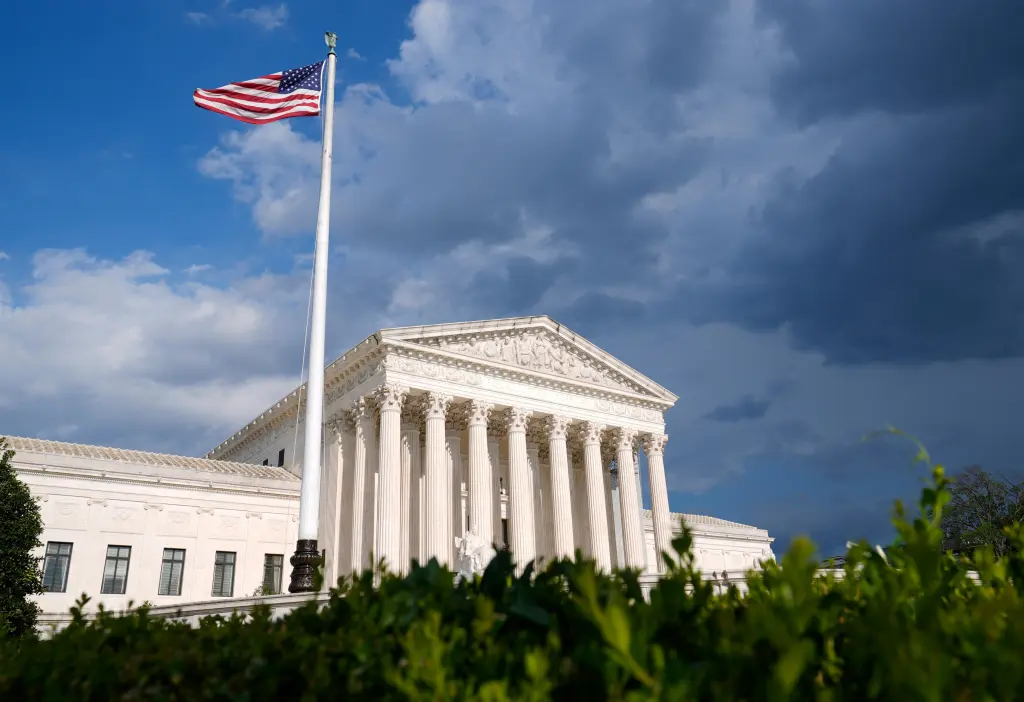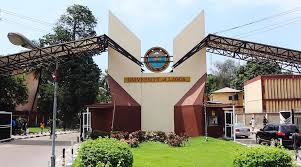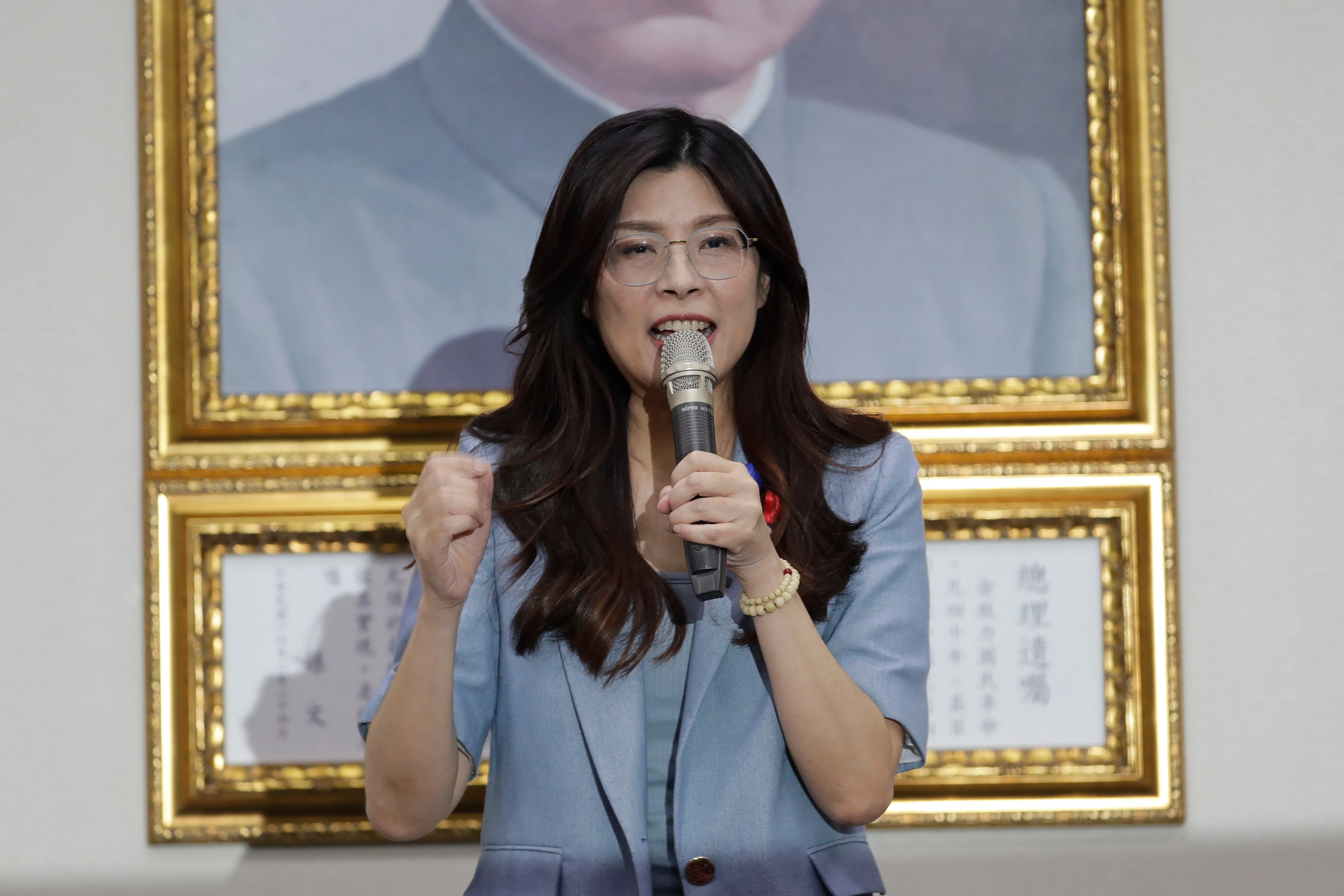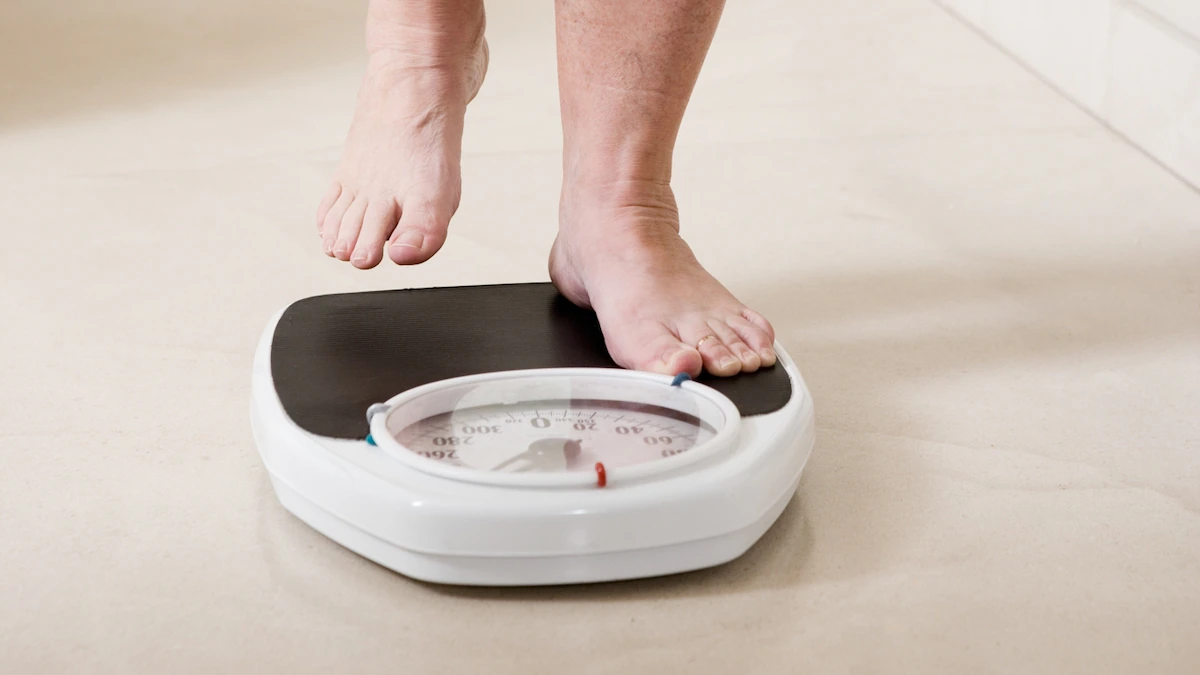Copyright Chicago Tribune

While Indiana won’t be impacted by a potential Supreme Court ruling on counting mail-in ballots, experts warn that eligible voters across the country won’t have their ballots counted if the justices determine that late-arriving mail-in ballots can’t be counted. Marjorie Hershey, professor emeritus of political science at Indiana University, said it’s “worrisome” to think about people who are eligible to vote being restricted by new rules. “I think it’s worrisome, as far as voting rights is concerned,” Hershey says. “The Supreme Court has shown a fair amount of hostility toward expanding voting rights to all those who are eligible, which is pretty surprising given if you’re eligible to vote, you ought to be able to.” The Supreme Court on Monday agreed to decide whether states can continue to count late-arriving mail ballots, which has been a target of President Donald Trump. The justices took up an appeal from Mississippi after a panel of three judges nominated by the Republican president on the 5th U.S. Circuit Court of Appeals ruled last year that the state law allowing ballots that arrive shortly after Election Day to be counted violated federal law. Mississippi is one of 16 states and the District of Columbia that accept mailed ballots received after Election Day as long as the ballots are postmarked on or before that date, according to the National Conference of State Legislatures. An additional 14 states allow the counting of late-arriving ballots from some eligible voters, including overseas U.S. service members and their families, according to a filing from Democratic-led states that urged the justices to reverse the appellate ruling. The case will be argued in the late winter or early spring. A final ruling almost certainly will come by late June, early enough to govern the counting of ballots in the 2026 midterm congressional elections. Mississippi Attorney General Lunn Fitch, a Republican, told the Supreme Court that the appellate ruling “will have destabilizing nationwide ramifications” if left in place. “The stakes are high: ballots cast by – but received after – election day can swing close races and change the course of the country,” Fitch wrote. Trump has claimed that late-arriving ballots and drawn-out electoral counts undermine confidence in elections. In March, Trump signed an executive order on elections that aims to require votes to be “cast and received” by Election Day. The order has been challenged in court. The Republican National Committee and the Libertarian Party of Mississippi led the challenge to the Mississippi law. A federal judge dismissed a similar challenge to Nevada’s law, but the decision has been appealed. In the Mississippi case, Judge Andrew Oldham wrote for the appellate panel that Congress established a “singular” Election Day for members of Congress and presidential electors, “by which ballots must be both cast by voters and received by state officials.” Judges James Ho and Stuart Kyle Duncan joined Oldham’s opinion, invalidating the Mississippi law. The ruling reversed a decision by U.S. District Judge Louis Guirola Jr., who had held that there was no conflict between the state and federal laws. “All that occurs after election day is the delivery and counting of ballots cast on or before election day,” wrote Guirola, who was nominated by President George W. Bush, a Republican. In Indiana, all mail-in ballots have to be received by 6 p.m. on Election Day, said Julia Vaughn, the executive director of Common Cause Indiana. The ballots that aren’t in an election office by 6 p.m. that day aren’t counted, she said. But, many states have a deadline that goes beyond election day, and “there are good reasons for that,” Vaughn said. “As long as a ballot is cast before the election, it would seem to me that it should be counted. Certainly, in many states that do give voters some grace and are counting ballots that arrive after Election Day, this could have a huge impact,” Vaughn said. Lake County Board of Elections and Registration Director Michelle Fajman said since the case won’t impact Indiana, she’d like political leaders to undo an Indiana law that disqualifies a ballot that isn’t dated. “I think that’s a more important issue to take up,” Fajman said. “That’s a move that’ll disenfranchise many more voters.” Porter County Elections and Registration assistant director Tara Graf said any state impacted by the Supreme Court’s future ruling will have to communicate any changes to voters. “We are just concerned about the state laws that impact us,” Graf said. “When it comes to if it’s fair or efficient, to us, we’re so used to it that it’s not alarming.” Voting by mail has been a voting method since 1786, the country’s first presidential election, Hershey said. Amid the COVID-19 pandemic, vote by mail increased because voters didn’t want to stand in a long line around other people, she said. Republican legislatures have been working to restrict vote by mail because of unfounded claims of fraud, Hershey said. “There’s not a whole lot of evidence that there is the kind of voter fraud in voting by mail that the Republican legislatures are claiming that there is. Voter fraud used to be pretty common in the 1800s, but we’re not in the 1800s anymore, and it’s really pretty rare right now,” Hershey said. Voting by mail “is not a haphazard process,” Hershey said, but rather a voting method with many steps to confirm a voter’s identity and eligibility. “Being able to vote by mail and vote fraudulently is really hard to do,” Hershey said. Voting by mail “has come under scrutiny for no real reason,” Vaughn said. Republicans began attacking vote-by-mail after its use increased during the pandemic and Trump’s loss in the 2020 election, she said. While voting by mail is a secure voting method, the Indiana legislature has been working toward restricting access to voting by mail, she said. “We’re already one of the most restrictive states in terms of mail-in voting. It’s hard to imagine how Indiana could become even more restrictive,” Vaughn said. Vaughn said she doesn’t understand the Republican-led charge to limit vote by mail because Republican voters utilize the voting method. “That’s one thing that Republicans need to keep in mind: They may be cutting off their nose to spite their face. Making voting less convenient hurts all voters. Mail-in voting is very popular. It’s very secure,” Vaughn said. “We should expand, not restrict.” The Supreme Court has a conservative majority, half of which was appointed by Trump, which “has been very anxious to do his bidding,” Hershey said. If the Supreme Court rules in favor of the Trump administration, it will be “a significant” step toward chipping away at voting rights, Hershey said. Changing a Supreme Court decision would take a constitutional change, so the decision would have a lasting impact, she said. “I wouldn’t say I’m optimistic that this court will rule in a way that is friendly to voters,” Vaughn said. “Their decision will have a long-lasting impact.” The Associated Press contributed. akukulka@post-trib.com



